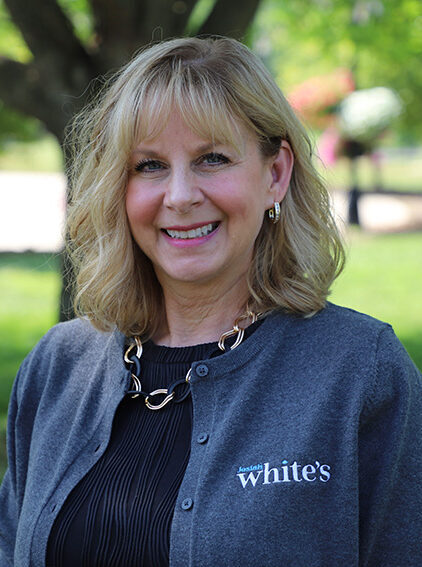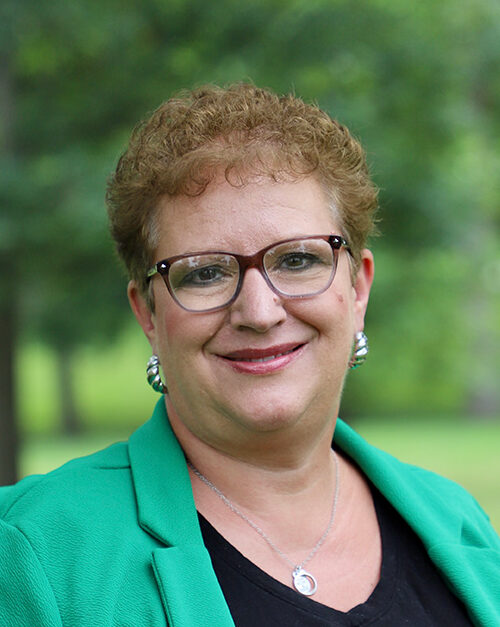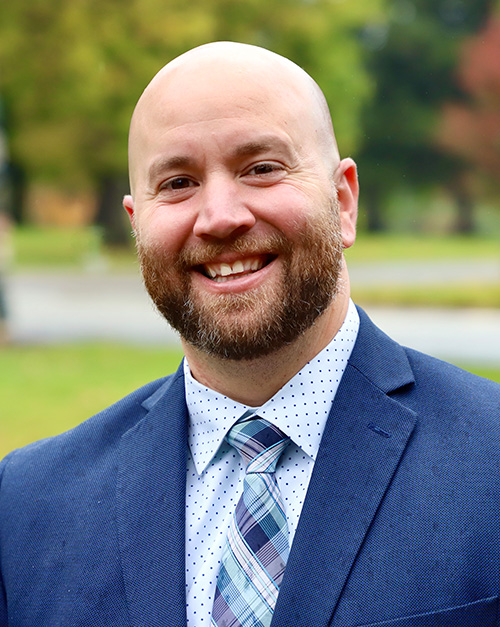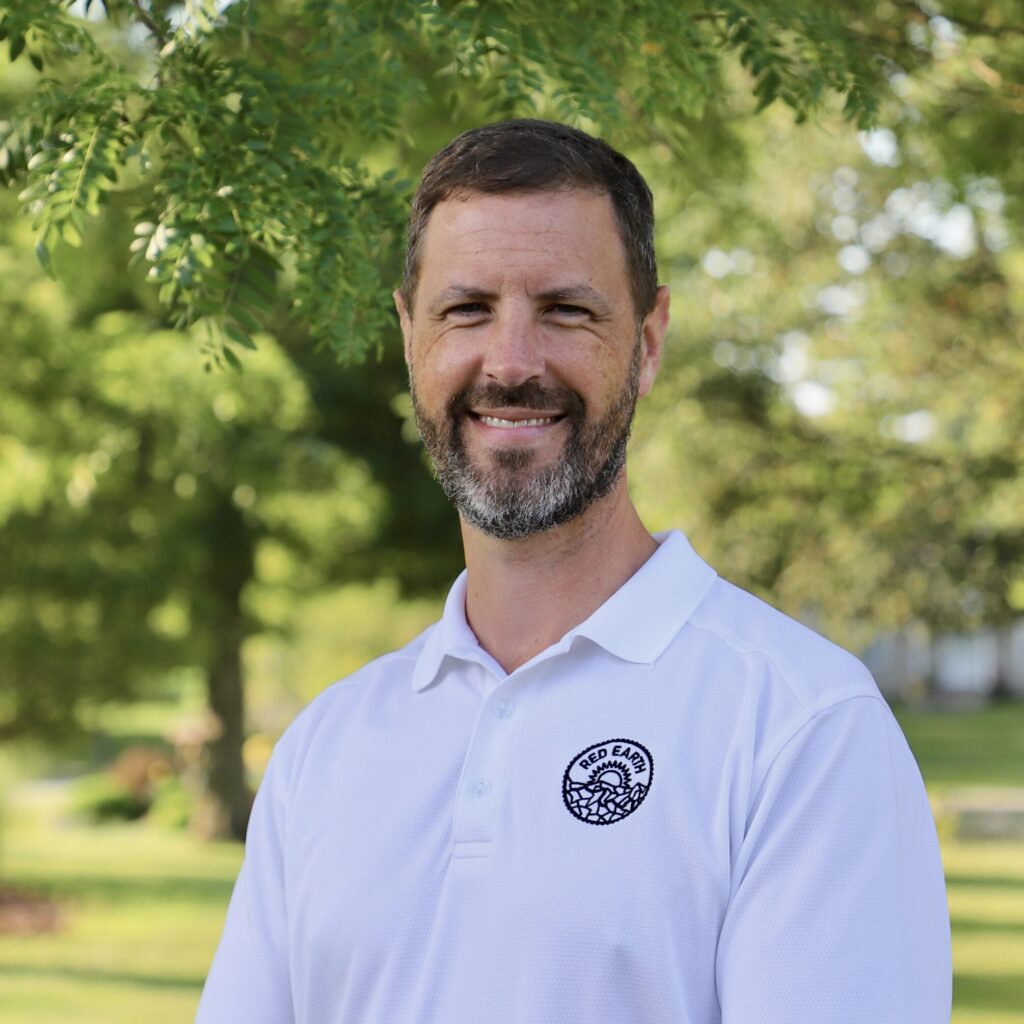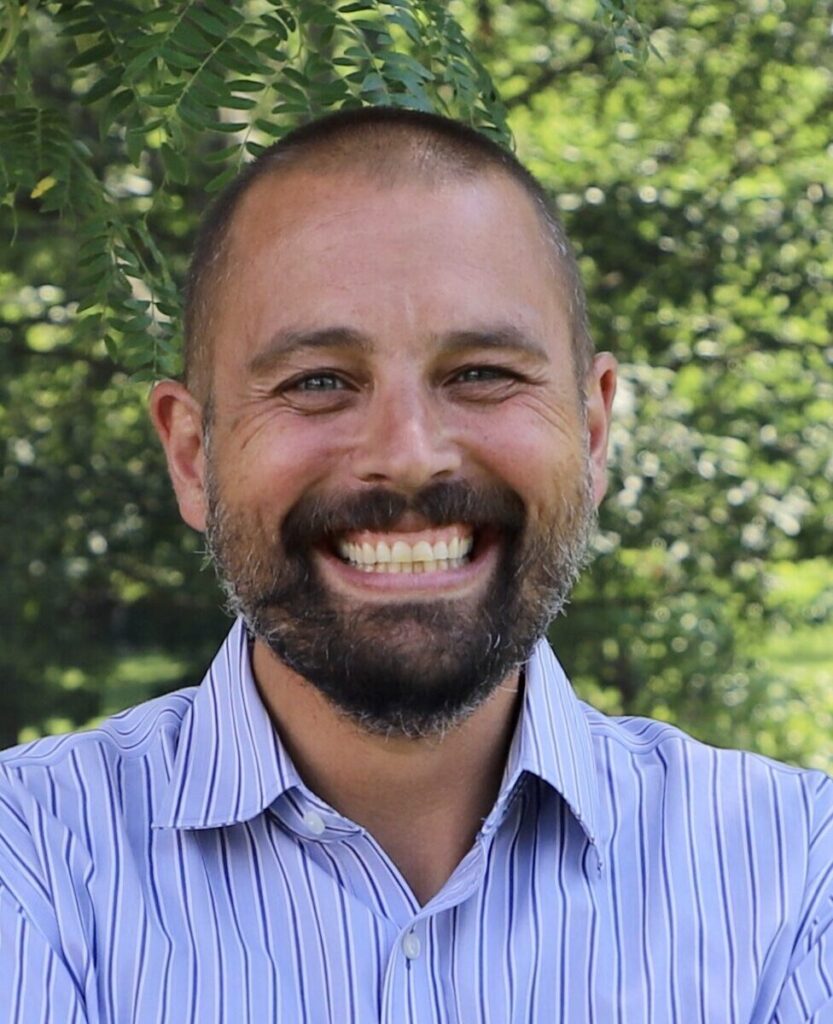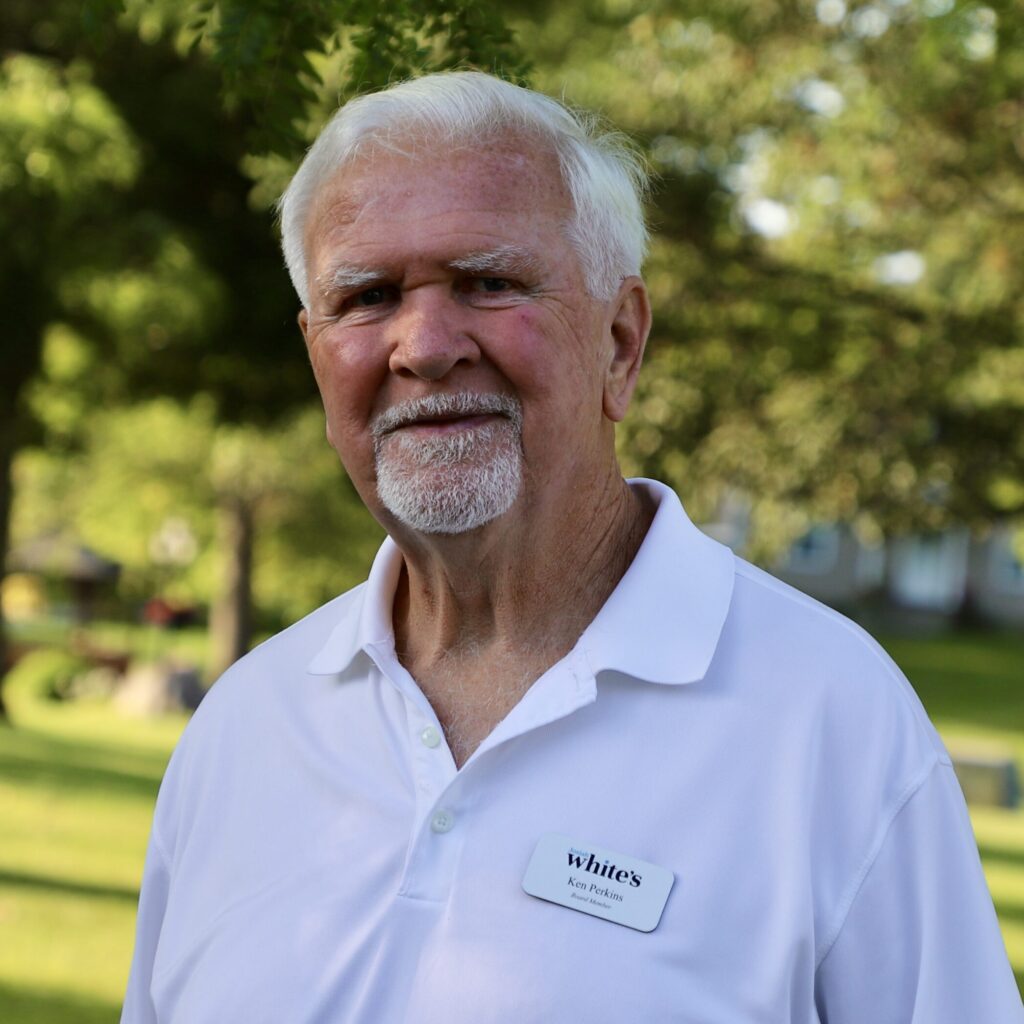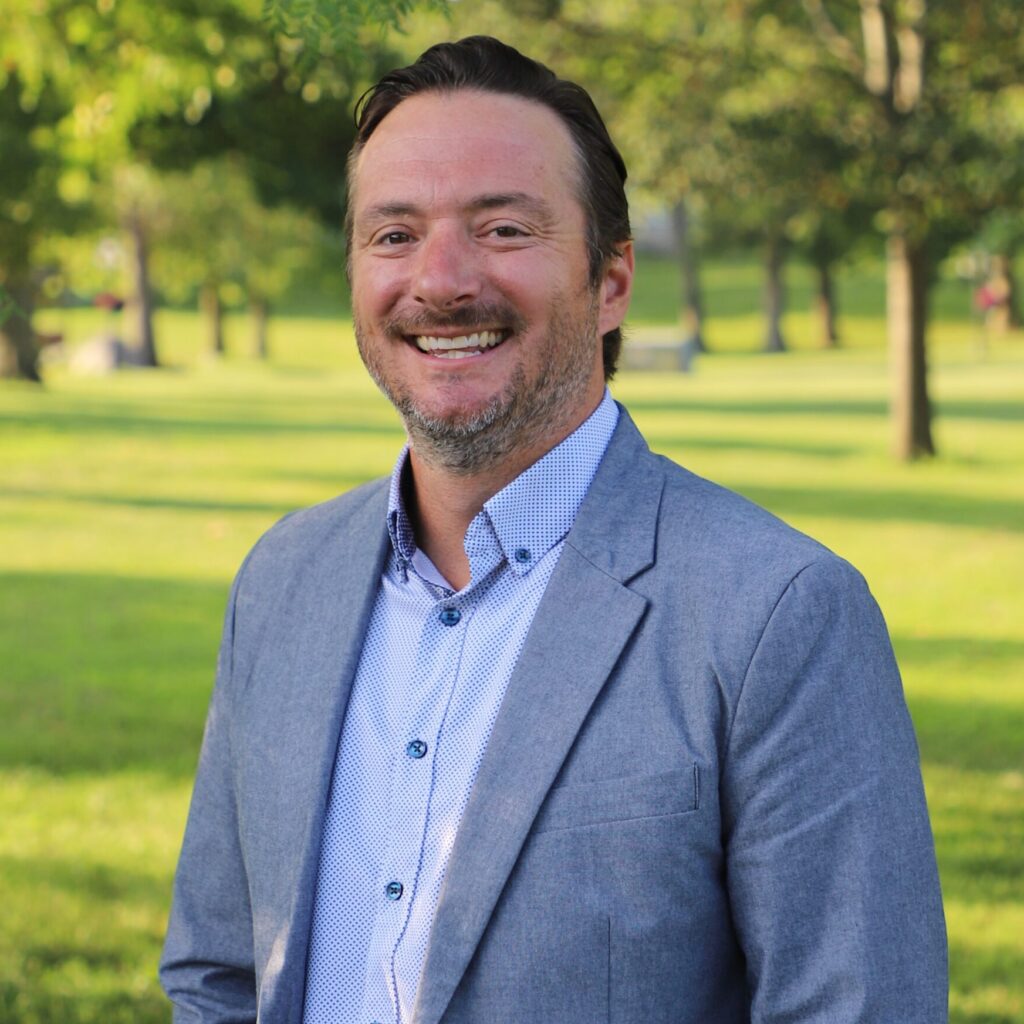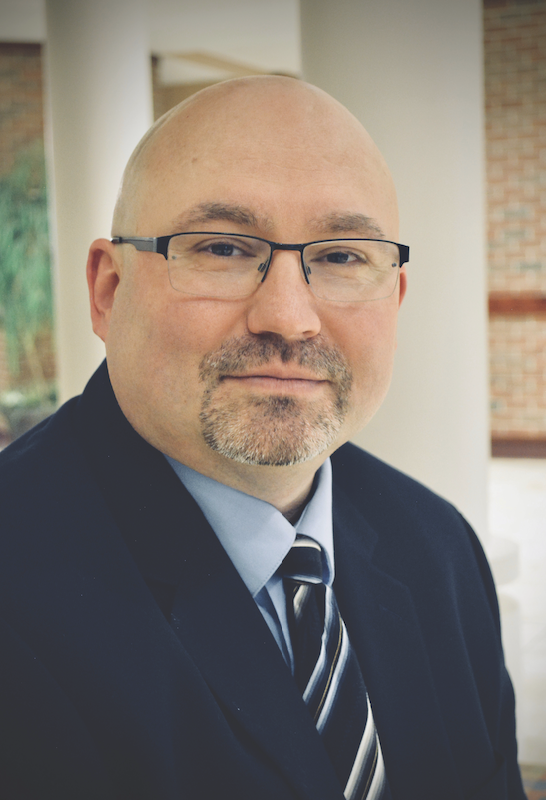Teaching Family Model
TRAUMA INFORMED CARE MODEL

The Teaching Family Model (TFM) is a relational, evidence-based, trauma-informed model of care focused on increasing life skill development in children and teens. For Josiah White’s, TFM is used within our foster care and residential programs. Adopting this model ensures tha we are able to provide the most effective training for our direct care staff and our foster parents, and the best possible outcomes for the children, teens, and families we serve.
When using TFM, caregivers engage in daily teaching interactions to help children and teens learn social and relationship skills. The skills children and teens learn through the model will then translate to better parent-child interaction, improved school behavior following placement, and increased work readiness.
Areas of Focus
- Behavior management model
- Backed by research
- Strength-based approach
- Trauma-informed, relational approach
- Experiential to teach skills
The Teaching Family Model
Josiah White’s philosophy of care is rooted in Christian values, a 170-year history, and proven expertise. We care for the children in our residential and foster homes like we would our own.
The Teaching-Family Model is the tool that brings our core principles (value-based, holistic method, Christian + Clinical, Family Life Model) together. It gives us a common language, a unified approach to quality care, and the highest level of training and support.

Highlights
TFM serves to enhance several aspects and groups within Josiah White’s. This model…
- Is trauma-informed and is based on research that prioritizes relationships with caregivers;
- Provides a cohesive language around a strength-based approach to serving kids and families;
- Affords us the ability to maximize and invest in support systems for the agency through a unified approach to care;
- And, delivers the highest level of training for direct care staff, all employees and foster parents.

Outcomes
Through Josiah White’s researching, learning, auditing, and preparing, the following have been identified as significant outcomes from the implementation of TFM.
- Overall satisfaction from consumers
- Reduction in critical incidents
- Greater staff retention
- Increased referrals
- Improved audits
- Better treatment outcomes

Accreditations
The Teaching-Family Model is a model used by most prominent residential treatment facilities in the United States and by facilities in other countries worldwide. TFM was just approved as an accreditation that will be recognized by the FFPSA (Family First Prevention Services Act) to meet the requirement to be a QRTP (Qualified Residential Treatment Program).

